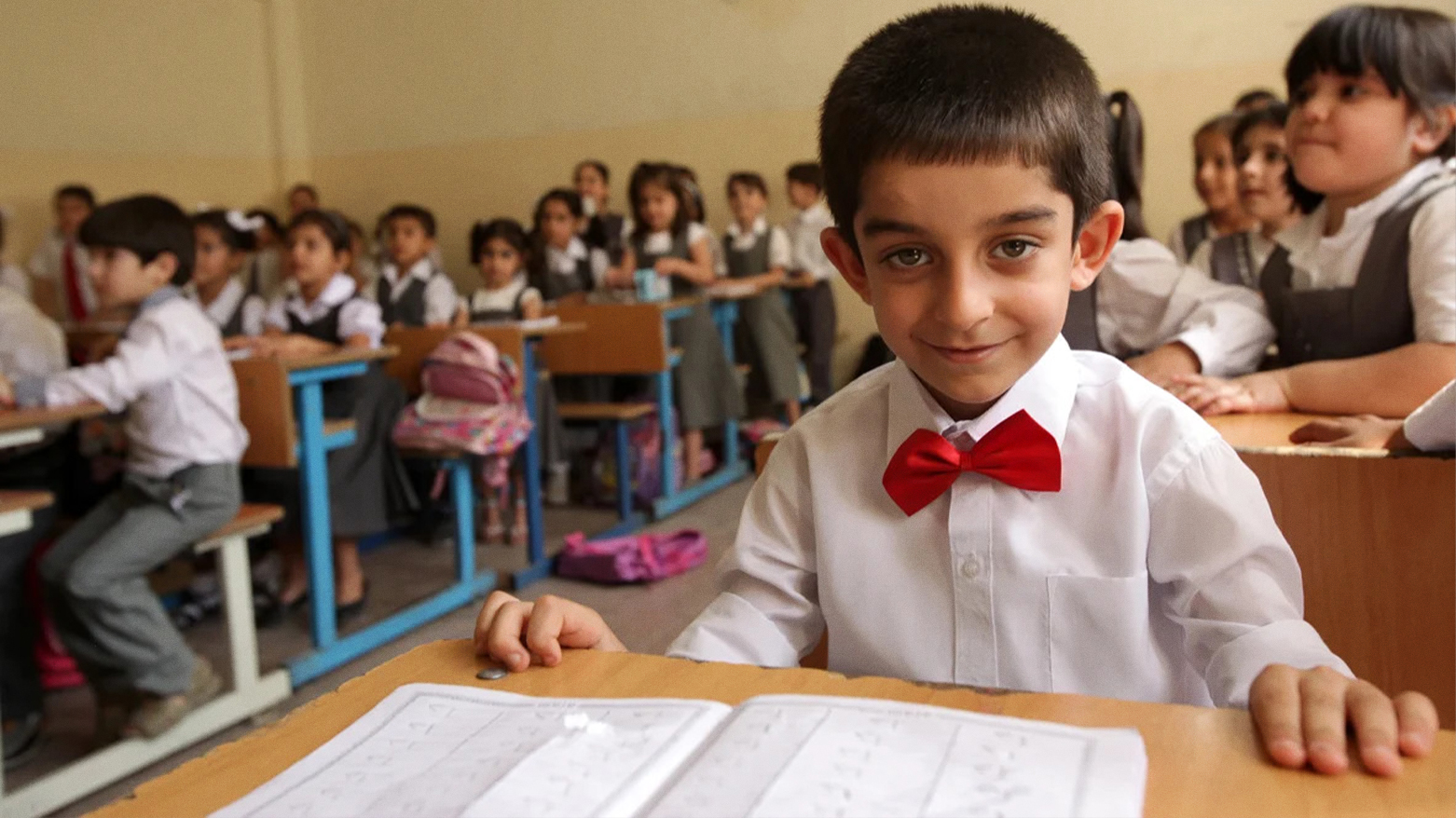Kurdistan's New Academic Year begins with focus on quality, growth
Saman Siwaili, the Ministry of Education spokesperson, confirmed that 1.72 million students are enrolled in public schools, and an additional 132,000 are attending non-governmental institutions.

ERBIL (Kurdistan24) – More than 1.8 million students in the Kurdistan Region are embarking on a new academic year on Wednesday, with the KRG prioritizing quality education and infrastructure development.
Enrollment and Staffing
Saman Siwaili, the Ministry of Education spokesperson, confirmed that 1.72 million students are enrolled in public schools, and an additional 132,000 are attending non-governmental institutions.
Over 118,000 Ministry employees and 38,000 contract teachers will be guiding students through the 2024-2025 academic year.
New Textbooks and Curriculum
Hassan Sartip, Director General of Programs and Publications, highlighted the KRG's investment of over 24 billion dinars to print nearly 20 million textbooks for the new academic year.
These books, printed in the UAE, feature 57 new designs and content, incorporating cutting-edge digital techniques. Sartip noted that the quality of Kurdistan's textbooks has drawn praise from international education experts.
Infrastructure Expansion
42 new school buildings are opening their doors this year, addressing overcrowding and reducing the need for two-shift systems.
The ninth cabinet has overseen the construction of over 195 new buildings and 460 classrooms, creating space for more than 100,000 additional students in public schools.
Quality Enhancement Initiatives
Prime Minister Masrour Barzani has championed the establishment of a confidence committee to set high standards for the education process and curriculum.
Additionally, the Ministry of Education has introduced incentives to promote reading, rewarding both teachers and students for their efforts.
International Recognition
Under the ninth cabinet, Kurdistan has participated in TIMS and PISA assessments for the first time, placing the region on the map of global education system evaluation.
The passage of the Education Law and the Regulation of Guidelines and Laws, along with improved organization of the non-governmental education sector, further demonstrates the KRG's commitment to educational progress.
Sustainability and Inclusivity
74 schools are now powered by solar energy, with plans to convert 72 more.
The KRG has also prioritized reintegrating students who had left the education system, with over 26,000 successfully returning to school during the ninth cabinet's term.
Reducing Illiteracy
The illiteracy rate has dropped significantly from 24% in 2018 to 16% in 2022, and further decreases are anticipated.
The start of the new academic year marks a promising chapter in Kurdistan's education journey, with a continued focus on quality, accessibility, and sustainable growth.